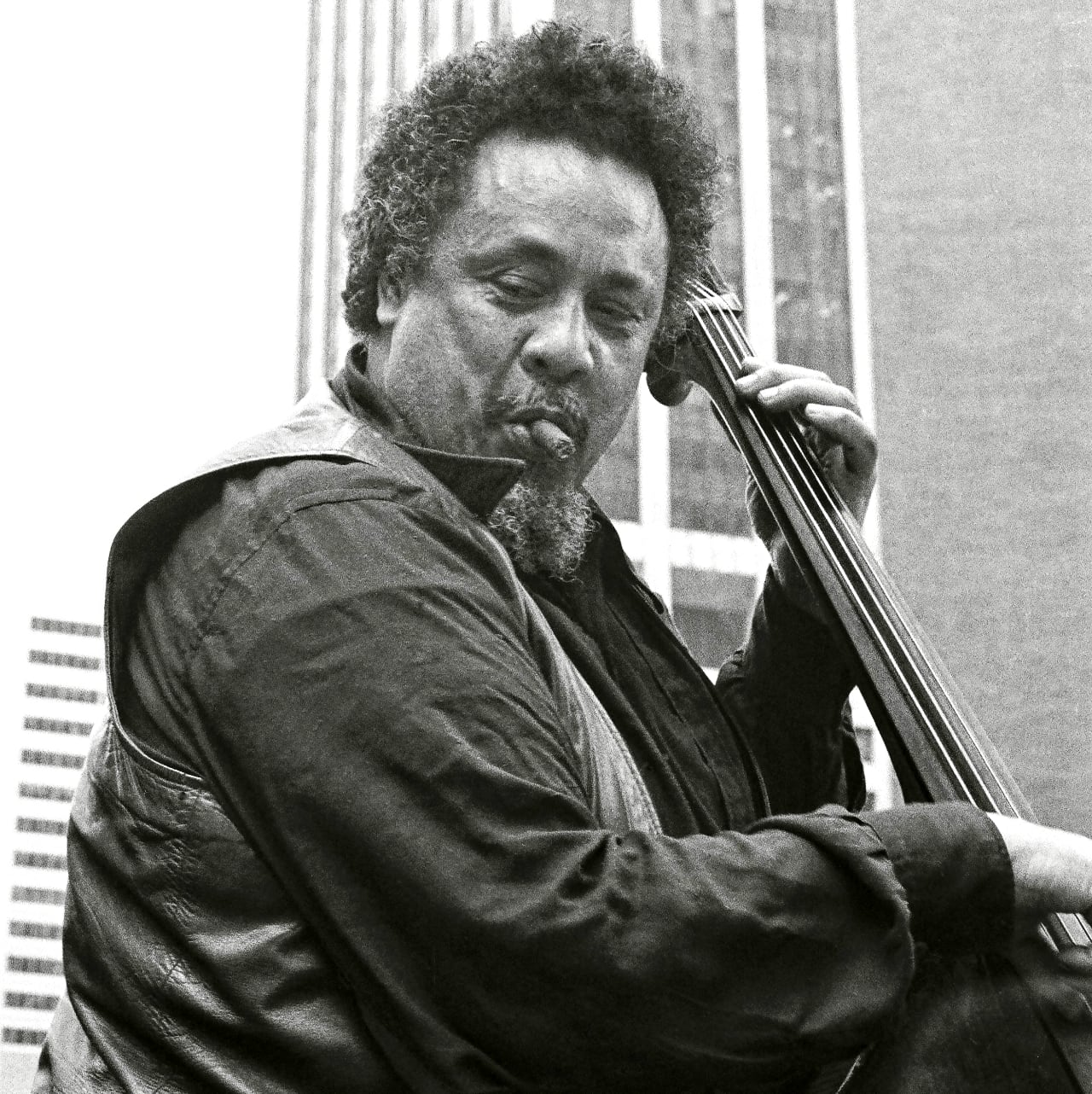Displaying items by tag: mingus mill
Take a moment at a wayside to think of African Americans in the Great Smokies
GATLINBURG — Great Smoky Mountains National Park officials unveiled two new waysides at Mingus Mill on May 23 as part of the larger African American Experiences in the Smokies project.
“The new signs and the African American Experiences in the Smokies project are so important to tell the untold stories of Black people in the region,” said Superintendent Cassius Cash.
Vocalist, multi-instrumentalist, and poet Eric Mingus performed a new piece of music that speaks to and of Mingus Mill, its location, and the people who lived there, including his ancestors. A Santa Fe-based musician, Eric has recently re-connected with his family’s story that is rooted in the park through the African American Experiences in the Smokies project. Eric is descended from Daniel Mingus, a formerly enslaved carpenter, and Clarinda Mingus, the daughter of Daniel’s enslaver.
Hellbender Press previously reported on the Smokies project.
One of the new waysides tells the story of the nearby Enloe Slave Cemetery, where several African Americans are interred. The other wayside tells the story of Eric’s father, legendary jazz bassist Charles Mingus Jr., and his family.
The African American Experiences in the Smokies project is supported by the Friends of the Smokies and Great Smoky Mountains Association, which help fund research of the historic presence and influence of African Americans in the southern Appalachian Mountains from the 1540s through today.
— National Park Service
The Mingus music mill: Tracing a mountain family’s history from slavery to stardom
 Charles Mingus, the descendant of slaves from the Smokies, is shown chomping a cigar and playing bass at the U.S. Bicentennial celebration in Lower Manhattan, July 4, 1976.
Charles Mingus, the descendant of slaves from the Smokies, is shown chomping a cigar and playing bass at the U.S. Bicentennial celebration in Lower Manhattan, July 4, 1976. Tom Marcello
Smokies African American studies trace a great musician with roots in Oconaluftee
GATLINBURG — Black history, let alone jazz history, isn’t the first thing that comes to mind when most people think about the Smokies.
But famed jazz musician Charles Mingus Jr.’s family has roots in what is now Great Smoky Mountains National Park.
At the recent virtual Discover Life in America Colloquium, previously reported on by Hellbender Press, Appalachian Highlands Science Education Coordinator Antoine Fletcher was the sole presenter on social sciences. He went into the Mingus family history and Black history in the Southern Appalachian region.
Fletcher said the Mingus story derives from the African American Experiences in the Smokies Project, which he described as “a project that is focusing on the untold stories of African Americans in the park and the Southern Appalachian region.”
“There’s a huge story to tell,” he said of his research. “There are stories of the human vestiges that we have from 900-plus years.”